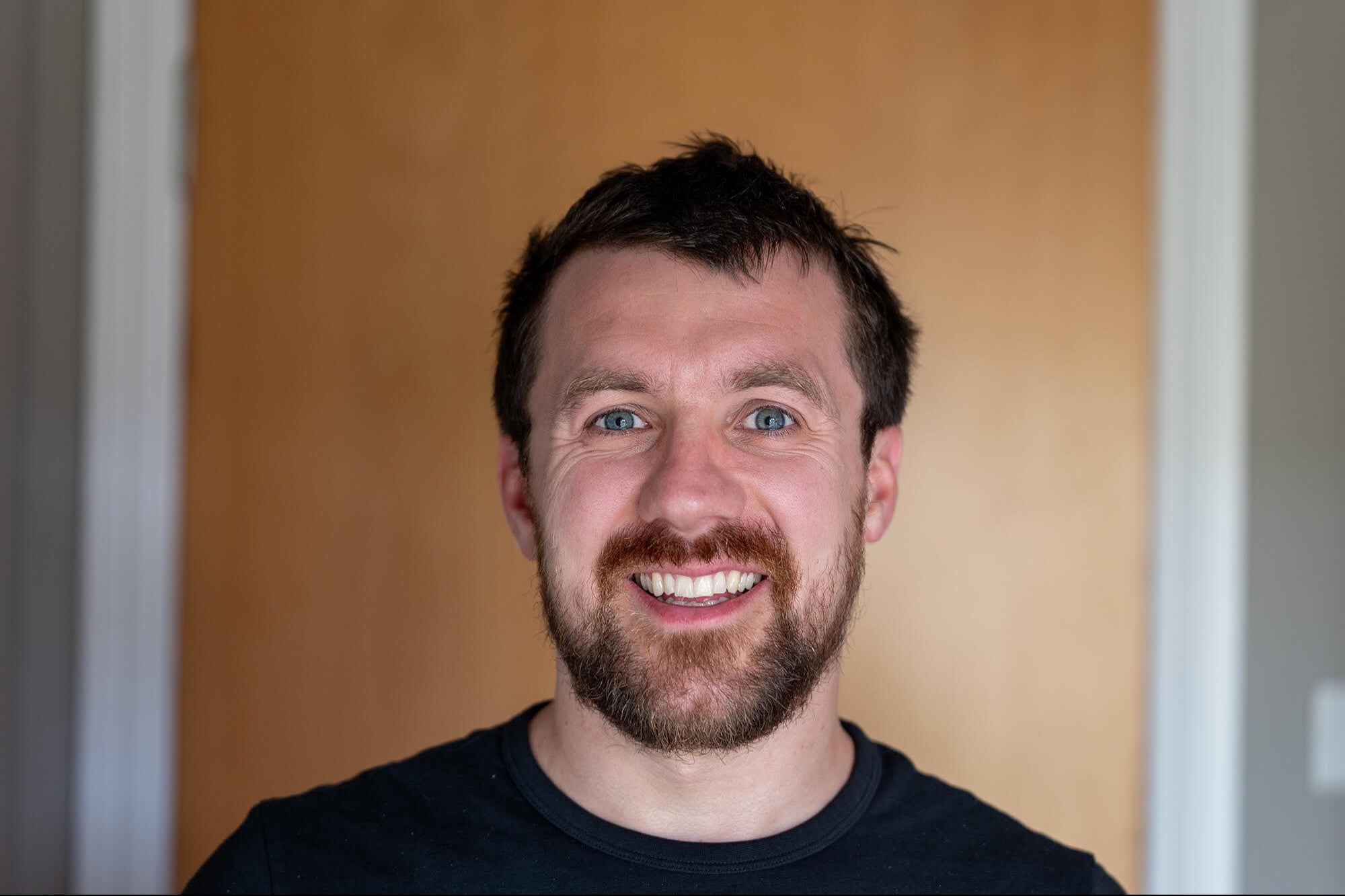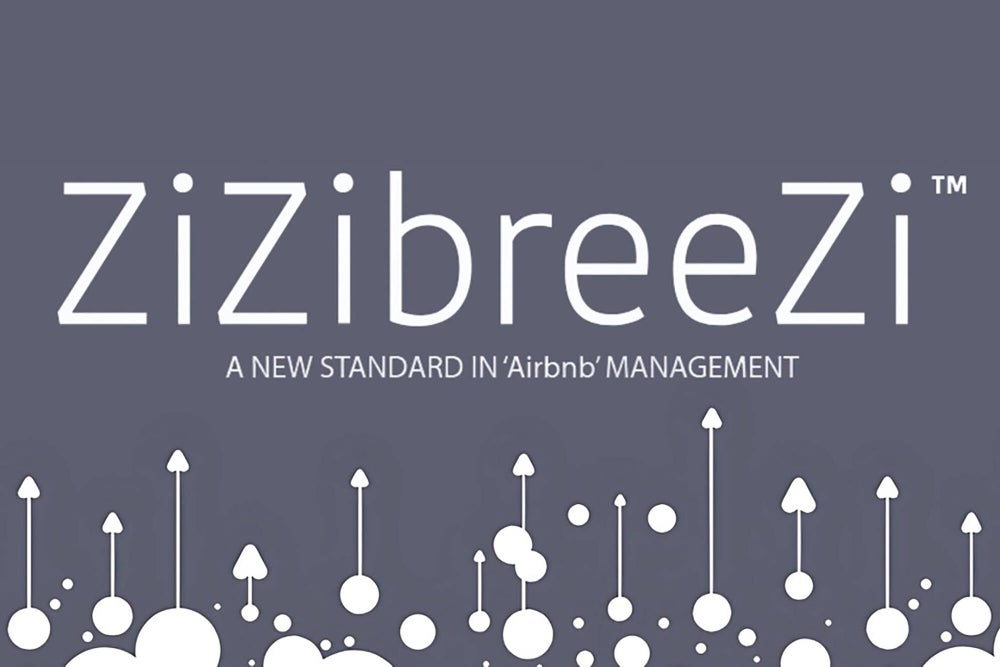ZiZibreeZi: How Garry McRae Turned a PhD Side Hustle Into a Rental Management Shake-Up
Edited by Entrepreneur UK
You're reading Entrepreneur United Kingdom, an international franchise of Entrepreneur Media.

When Garry McRae moved back to Edinburgh to complete a PhD in neuroscience, entrepreneurship was not part of his plan. But when his funding ran dry, he needed a way to pay the bills while carving out enough time to write his thesis. That's when he stumbled across a small idea that would eventually become ZiZibreeZi, a property management company challenging the traditional short-term rental model.
 ZiZibreeZi
ZiZibreeZi
"I sublet the spare room in a two-bed flat," McRae recalls. "It was meant to be a short-term solution, just to help with rent during the summer. But I realised pretty quickly that it worked, and I was paying barely anything per month to live there. The problem was, I was doing all the cleaning myself, and it was eating into the time I was supposed to be writing my thesis."
Hiring cleaners seemed like the obvious fix. But McRae quickly discovered a flaw: incentive: "It wasn't that people weren't willing, but the limited income from one en-suite room meant they couldn't commit to my cleaning schedule."
So, in a move that felt like a risk at the time, McRae expanded. He sublet more flats, not for extra income but in the hope of guaranteeing enough work to secure reliable cleaners. To make their jobs more sustainable, he even installed dryers in the properties. "I thought to myself, if they're already there cleaning, why not have them do the laundry too? It meant I could pay them more for a little extra effort as I could save on laundry fees, meaning they'd earn a better living."
In a way, it worked. For two years, he barely had a sick day from his small cleaning team. But accountability gaps remained. "I'd get a message from a guest about no hot water, and when I asked the cleaner if they noticed, they'd say, 'Oh yeah, I meant to tell you.' That's when it hit me: people need both incentive and accountability, or life gets in the way."
The insight wasn't entirely new. McRae credits his grandfather, a Scottish deep-sea fisherman, for instilling the importance of incentive and accountability. "On the boats, you were paid by the catch. Everyone's income depended on the outcome, so everyone was invested and worked hard. I realised property management could work the same way."
Instead of paying by the hour, McRae shifted to paying per property, per task, and eventually tying pay directly to guest reviews. "If you pay people by the hour, they'll stretch out the job. If you pay them per clean, they'll do it fast. But when part of their income depends on guest satisfaction, suddenly they're invested in doing it right."
By 2017, McRae had moved beyond subletting and into professional property management, founding ZiZibreeZi. At its heart was a new role he called the super-host (or co-host). These super-hosts have a multi-faceted role, as the cleaners, property managers, and guest liaisons, all rolled into one. Each is assigned specific properties, maintains direct relationships with landlords and guests, and on top of their co-hosting fee, earns a percentage of the property's income when review scores are high.
 Superhost
Superhost
"They run the properties," McRae explains. "They handle cleaning, liaising with guests, even troubleshooting issues like low water pressure before guests arrive. They care, and because they're financially tied to the performance of that property, the bar is raised." The model, which eliminates layers of middle management, means fewer diluted responsibilities and stronger accountability on the ground. "When you empower your team, everything just runs smoother. Attention to detail increases and since they know the property inside and out, the guest experience is elevated," says McRae.
In recent months, ZiZibreeZi has added another layer of innovation: artificial intelligence. Working with an AI partner for over a year, the company has recently rolled out a message-based system that answers guest FAQs using a backend designed specifically for each property. It helps guests with Wi-Fi codes and how the oven works, it will even recommend nearby restaurants or where to get some groceries.
"The guest doesn't want to read a 20-page manual," McRae says. "They want an answer instantly. Our AI has already handled thousands of queries in our first month. And when it doesn't have the answer, the conversation goes straight to the super-host, not a call centre or chat bot, so the person on the ground can handle the issue quickly."
For McRae, the AI isn't about replacing people but supporting them. "It frees up our super-hosts so they're not glued to their phones answering the same questions all day, allowing them time to provide their human touch to bigger issues. And it makes the guest's life easier, which is always the priority."
Today, ZiZibreeZi employs around a dozen super-hosts in Edinburgh, with plans to scale without losing its personal, accountable structure. McRae believes that's the key difference between his company and traditional property management firms.
"Most companies pile on layers of middle management. We stripped it back to the people who actually touch the property. Incentives and accountability stay with them, and everyone benefits: landlords, guests, and super-hosts themselves."












